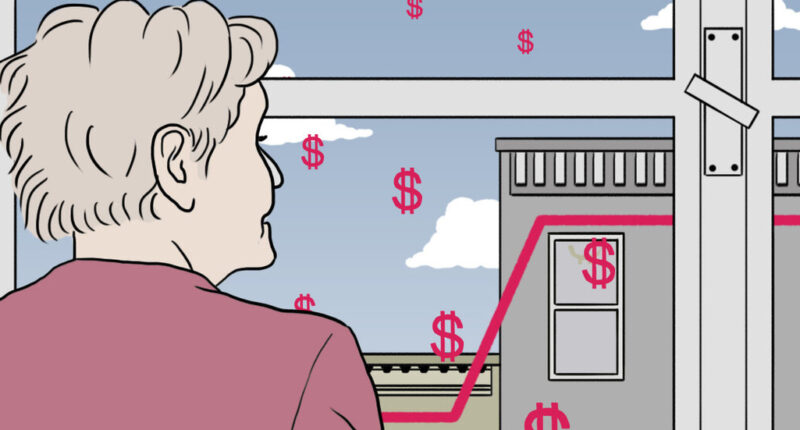
Q: I live in a rent-controlled apartment on the Upper West Side, and I’d like to know what the rent increase will be this year. I have read a lot about the increases for rent-stabilized apartments issued by New York’s Rent Guidelines Board, but for not rent-controlled apartments. Is there an increase, and will it be retroactive? Will we receive formal notice from a government agency, or is a note from the landlord enough?
A: It’s not surprising that you found more information about increases for rent-stabilized units in New York City, because they vastly outnumber rent-controlled units, which account for less than 1 percent of the city’s housing stock — about 16,400 apartments in all.
While rent increases for rent-stabilized units are governed by the New York City Rent Guidelines Board, increases for rent-controlled units are administered by New York State. For many rent-controlled tenants, the increase this year is 1.4 percent. And yes, your landlord is required to serve notice of the increases provided by a state agency in nearly all cases.
“The landlord can’t willy-nilly increase the rent,” said Gary J. Wachtel, a Manhattan-based lawyer who represents tenants and landlords.
Rent-controlled units operate under the maximum base rent (MBR) program, a law intended to ensure that such apartments provide enough income for their maintenance and building improvements. Landlords seeking to participate in the program must apply to New York State’s affordable-housing agency, the Division of Housing and Community Renewal (DHCR), for eligibility, then provide tenants with an official notice of the approved increase, and whether it is retroactive.
The MBR is based on a formula that reflects property taxes, operating expenses and other factors, and it is adjusted every two years to reflect these costs. Landlords in good standing can raise their rents accordingly, either by the average of the five most recent Rent Guidelines Board annual rent increases for one-year renewal leases, or by 7.5 percent until the MBR is reached, whichever is less.
The notice “will set forth exactly what date the landlord became entitled to the increase,” Mr. Wachtel said. In the last five years, the board’s average increase for one-year leases was 1.4 percent. That increase became effective on Jan. 1, 2023.
The Division of Housing and Community Renewal can also approve increases for rent-controlled units if the landlord has written consent from the tenant, or following a building-wide capital improvement, or in cases of hardship. Tenants can challenge the increase if the building has violations, or if the building’s expenses do not warrant the increase.
For weekly email updates on residential real estate news, sign up here.
Source: | This article originally belongs to Nytimes.com








